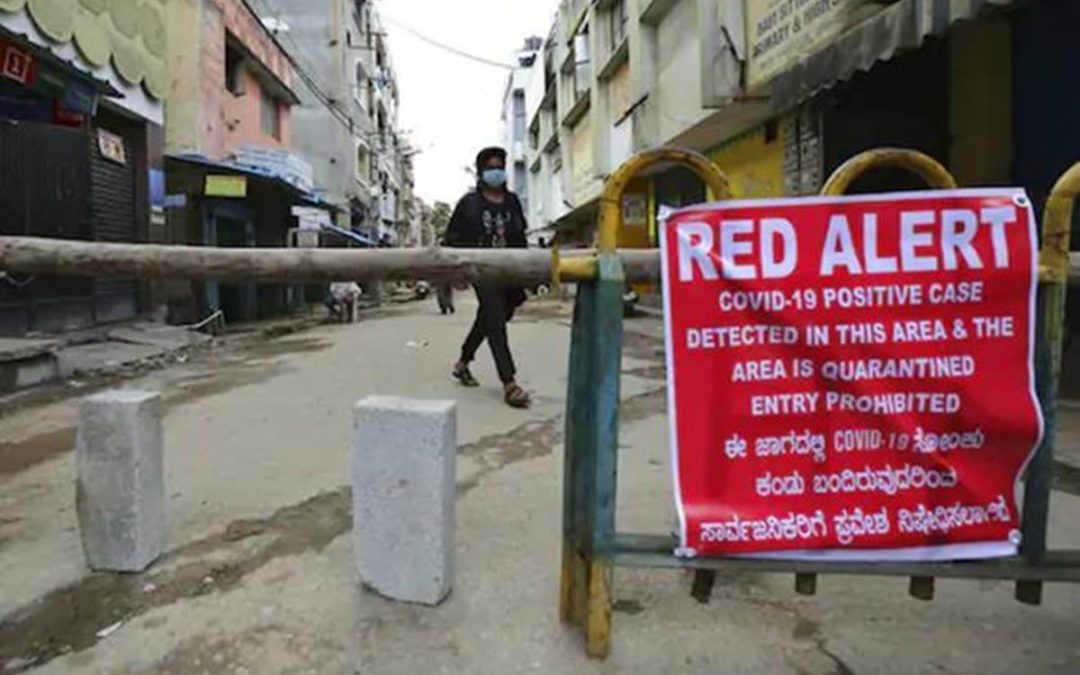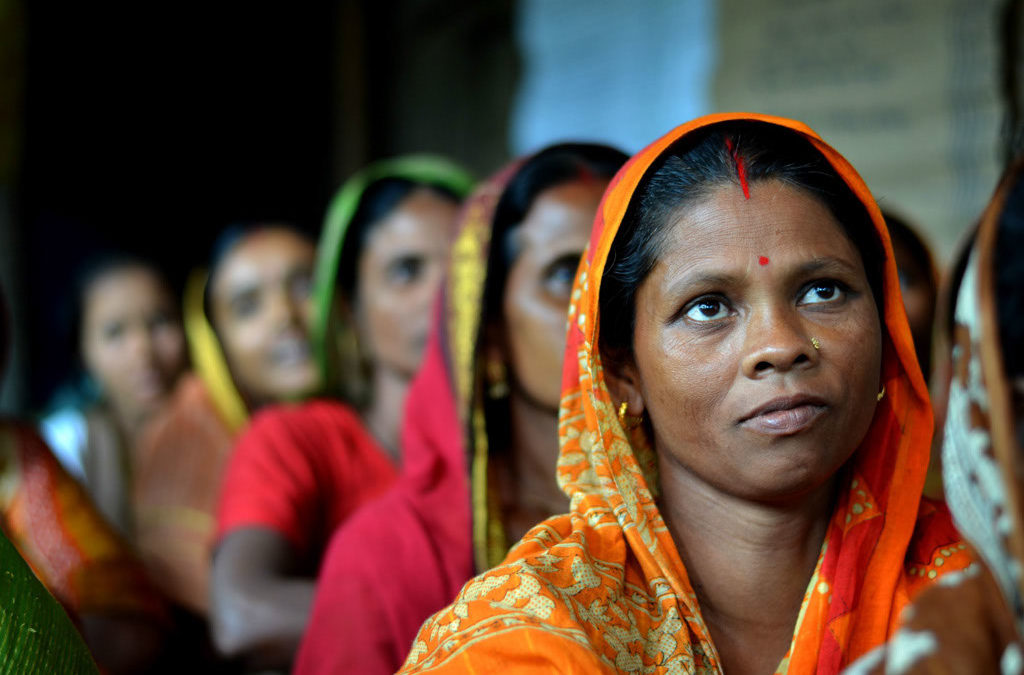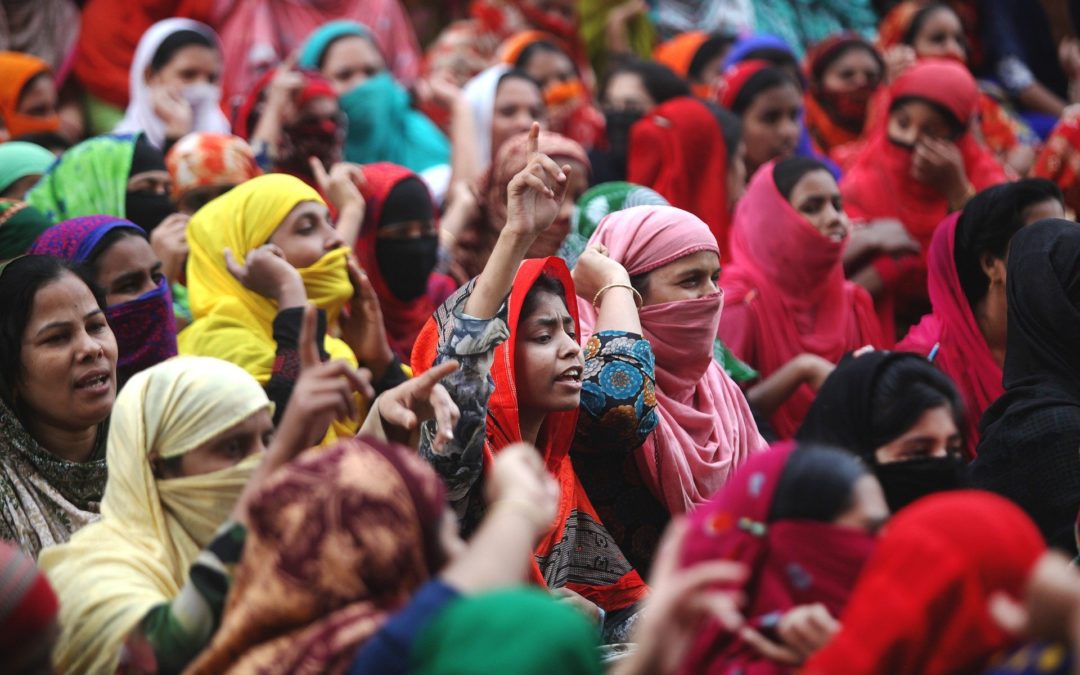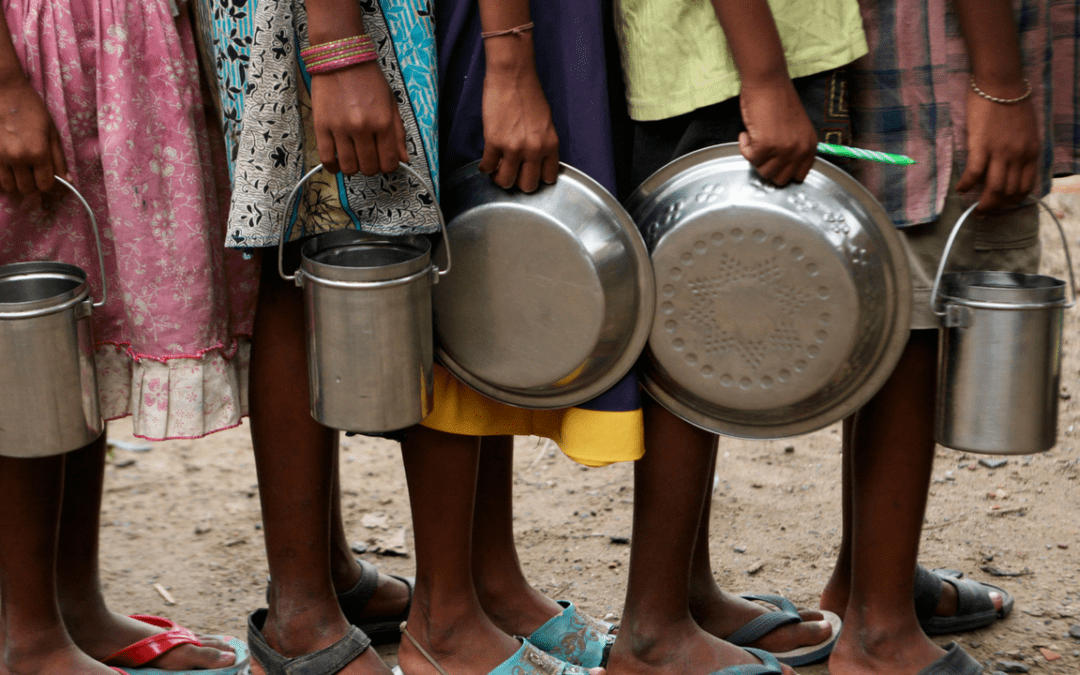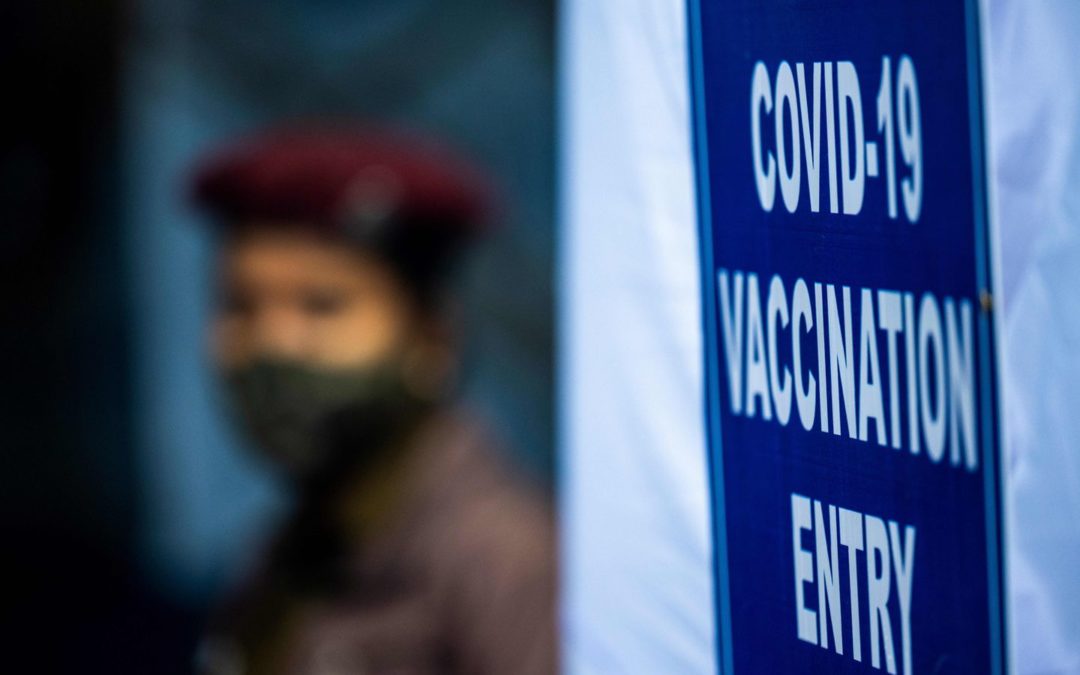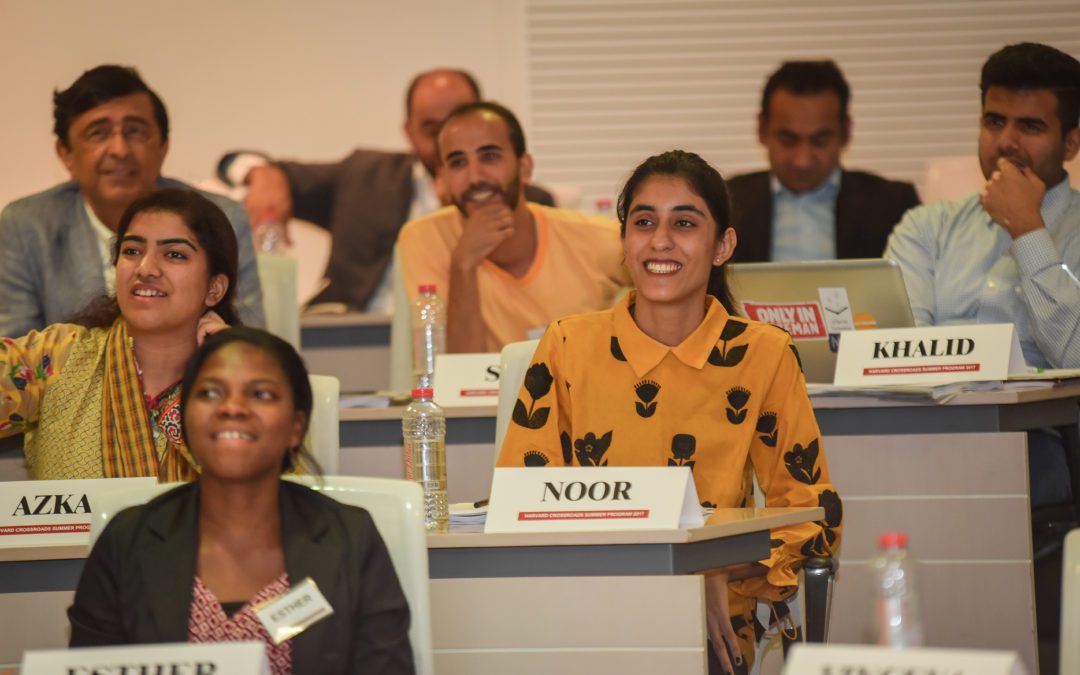Earth Warriors: Creating Climate Positive Changemakers
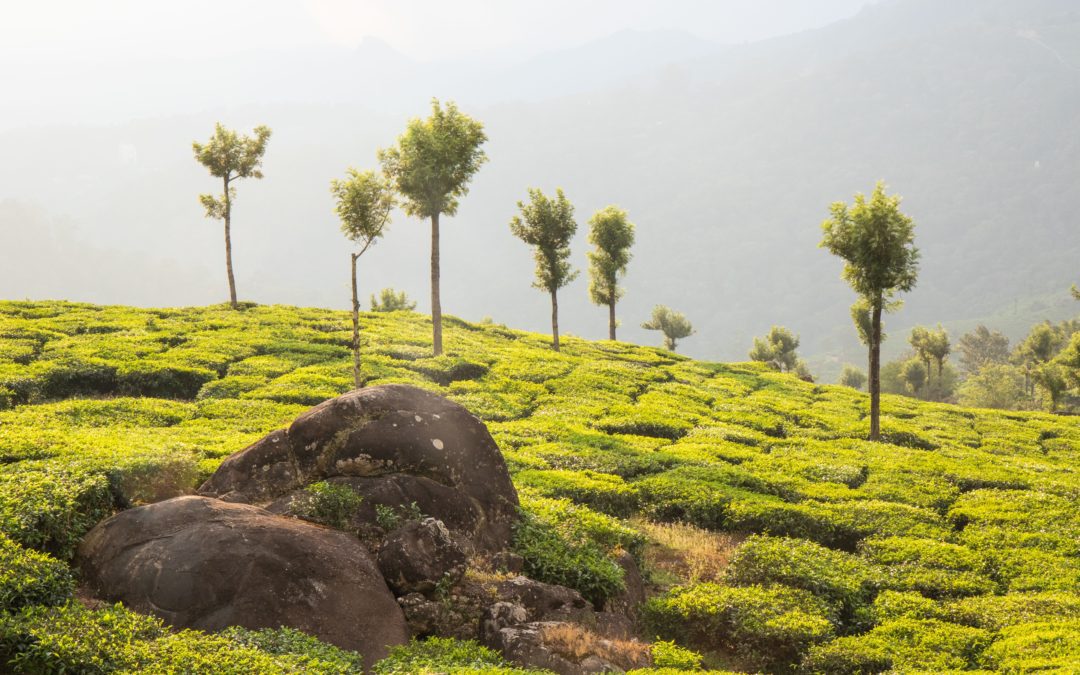
By Keya Lamba and Shweta Bahri, Harvard College ‘20. Earth Warriors is an early childhood education curriculum that uses play-based learning and a solutions-oriented approach to teach young children (3-7 years old) about climate change and sustainability. Climate change, pollution, and unsustainable levels of waste have led to an environmental crisis that can no longer be denied, and it is crucial for people to start building sustainable habits and reducing waste production from a young age to combat it. Yet, less than five countries in the world have climate change as part of their mandatory education curriculum, and none have it as part of their early curriculum.

